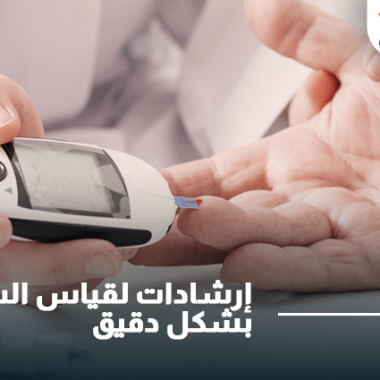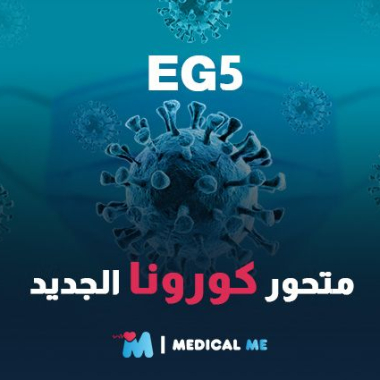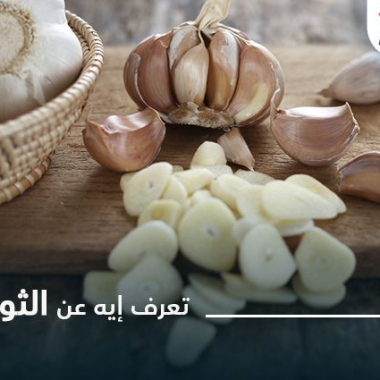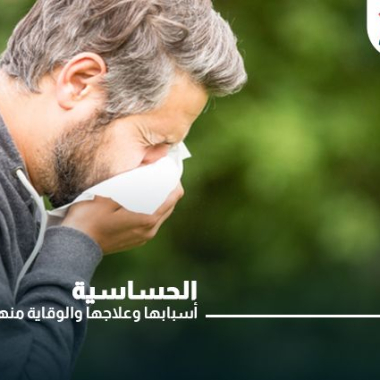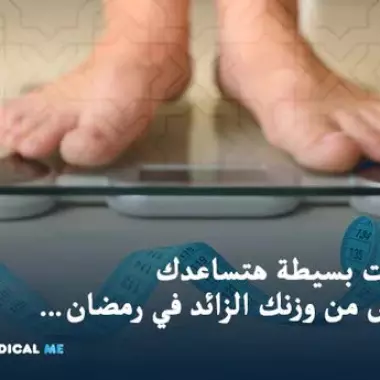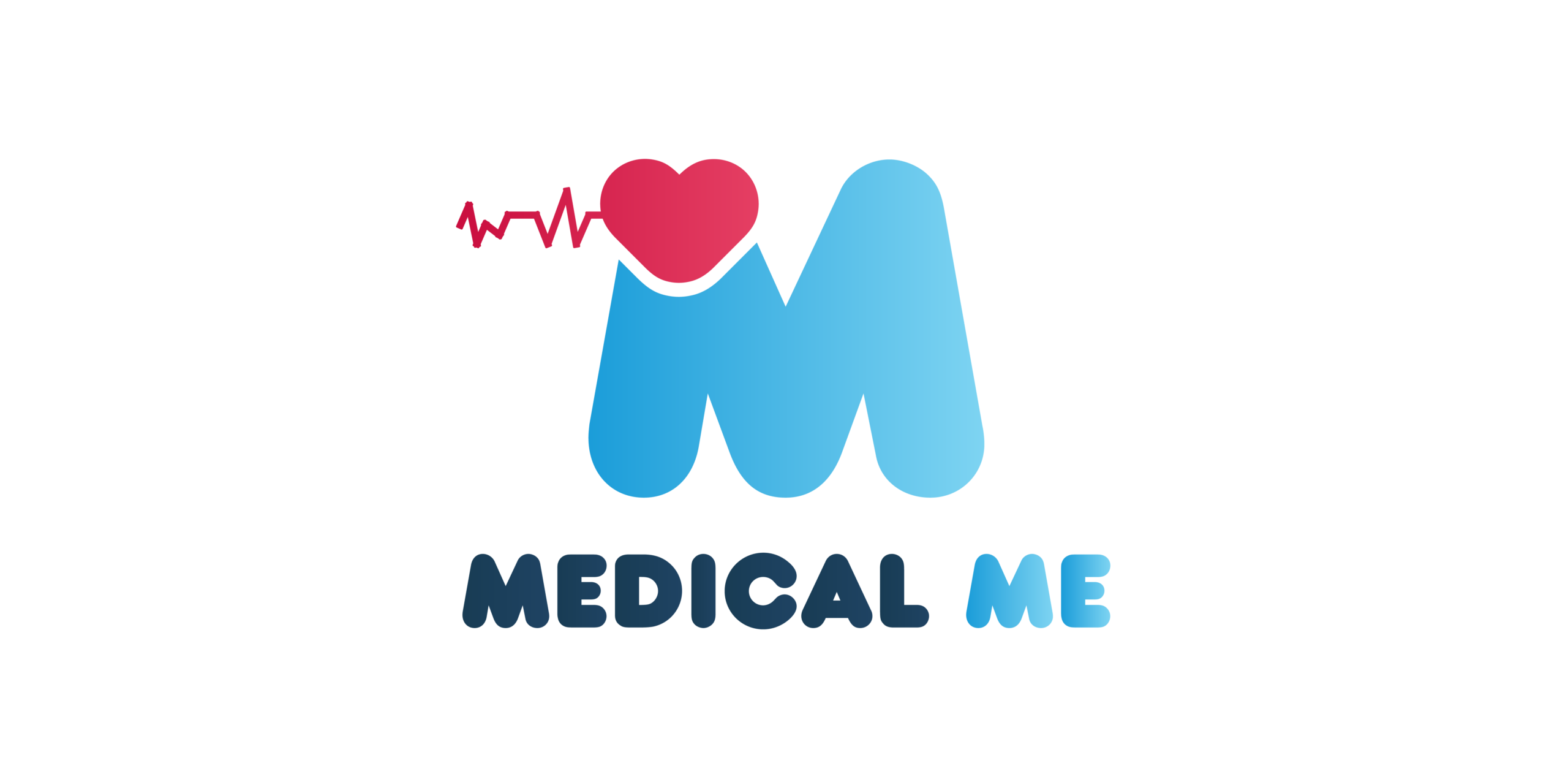Healthy tips for Hypertensive patients in Ramdan
Tips for Hypertensives in Ramadan
May Ramadan upon us bounties; And because it is a holy month, we will discuss together several tips for patients with hypertension in Ramadan to avoid any complications, but at the beginning we will answer together several questions that revolve in the mind of every pressure patient in Ramadan.
The first question: Is it permissible for a person with Hypertensive to break his fasting in Ramadan?
It was mentioned in the Noble Qur’an that there is nothing wrong with any patient breaking the fast, so if you feel that your condition is critical and does not require fasting, consult your doctor and make your decision, but studies have proven that fasting is useful for controlling blood pressure.
The second question: Does fasting raise blood pressure?
Of course not, and if there is something that raises your pressure, continue to eat your food, the dates, adjust the number of hours you sleep, or your psychological state; Because one of those reasons may be the hidden reason behind high blood pressure and fasting has no role in that, and this question is similar to asking about does hunger raise pressure? If you eat a completely healthy Suhoor, you will not feel hungry at all and do not affect blood pressure.
The third question: When should blood pressure remedies be taken in Ramadan?
The Ministry of Health advised to take blood pressure medications immediately after Tarawih prayers; The Ministry of Health added, on Tuesday, general advice for patients with Hypertensive, including that when you forget to take the medicine, you can take it any time as soon as you remember, and if you completely forget this day, do not double the dose the next day.
Fourth question: How do I relieve stress while I am fasting?
First, if you follow the healthy advices for patients with pressure in your lifestyle while fasting the holy month of Ramadan, your blood pressure will not increase, but if your blood pressure rises above 160 mm / Hg in this case, you can break your fast and take the treatment, but if the systolic blood pressure rises above 180 and diastolic blood pressure of 120 If this condition is critical, she must break the fast and go to the nearest doctor urgently.
What is the normal blood pressure for fasting?
The normal pressure of the fasting person in Ramadan is the same as the normal pressure in the normal 120/80 mm/Hg, and it may rise or fall slightly for patients with pressure according to the situation.
The number 120 refers to the systolic blood pressure, which is the force of blood pushing when the heart muscle contracts.
And the number 80 to diastolic blood pressure, which is the force of blood in the veins over the diastole of the heart muscle.
Medical advice for patients with high blood pressure in Ramadan:
Most of the following tips are general advice for patients with stress and are not limited to Ramadan only, and you can follow most of them later.
Back to the doctor before deciding to fast Ramadan, to examine you and determine whether you can fast or not.
Try to benefit from fasting to get rid of excess weight, even little pounds will make a difference, as some studies have shown that losing 1 kg of weight for hypertensive patients lowers blood pressure by 1 mm Hg.
Practicing physical activity such as: daily walking before or after breakfast helps to reduce high pressure at a rate of 5-8 mm Hg.
Stay away from psychological stress, as Hypertensive in many cases is linked to stress and psychological problems, but how can these pressures be controlled for pressure patients..?
- Change your expectations towards people and situations.. Focus on your actions only and do not focus on the reactions of others.
- Don’t focus on the problem, but focus on how to solve it.. If you’re constantly complaining about a particular problem, stop it and focus your energy on ways to find solutions.
- Take time for yourself, even if it’s half an hour a day, to do something fun or relax.
- Just practice gratitude exercises and remember the good situations from your day or Write it down and focus on the positive.
- Stay away from headache triggers, set limits with people, and do breathing exercises.
Daily blood pressure measurement using a home blood pressure monitor helps you follow up your condition. Therefore, if you are a patient of pressure, you should purchase a home blood pressure monitor.
Quit smoking, and Ramadan is a great opportunity to help you in this decision.
Following a healthy diet and sticking to it throughout the month of Ramadan will help you reduce blood pressure by 10 mm Hg.
Tips for Hypertensive in Ramadan
Nutritional advice for hypertensive patients in Ramadan:
Reducing salt intake and replacing it with spices to flavor food, as salt consists of sodium, which is one of the elements that raise pressure, the permissible amount of sodium should not exceed 2300 mg/day (reducing salt in food helps reduce blood pressure about 5 mm Mercury).
Replacing regular salt with himalayan salt is less harmful than regular salt.
Reading labels on canned food and choosing those are:
sodium-free, low-sodium is one of the most important tips for people with Hypertensive.
Reducing the intake of canned and processed foods (such as ready-made soups, canned mixes, canned beans or frozen meals) helps you to fast in a healthy manner in Ramadan without experiencing high pressure attacks.
Slow down in eating and chewing well, and this advice is not limited to Ramadan, but permanently.
Enhancing potassium intake and getting it from vegetables and fruits, because potassium reduces the effect of sodium on Hypertensive.
Reducing the intake of fried foods and relying on sources of healthy fats, such as: olive oil, coconut oil, and ghee.
Avoid eating sugary juices and replace them with whole fruits, and this advice is one of the general health tips.
Eating a portion of nuts as a source of healthy fats and as an alternative to sweets in the period between Iftar and Suhoor; It reduces your craving for sweets.
Stop consuming caffeine in the event that coffee, tea and Nescafe affect your blood pressure, and you can discover this by measuring the pressure half an hour after drinking a cup of coffee, if your pressure rises from 5-10 degrees, this indicates that you are one of the people who are affected by drinking stimulants and you should limit them immediately.
Adding low-fat dairy products to your meal; Because it contains yeasts that help lower blood pressure.
Healthy Iftar for blood pressure patients:
You can provide recipes for hypertensive in a way that positively affects them through..
- Eat fish twice a week throughout Ramadan, as fish contains important omega-3 fatty acids that contribute to controlling blood pressure and promoting health.
- Reducing the intake of red meat is important for the health of patients with Hypertensive, as you can offer low-fat meat in meals only once or twice a week; Because those fats in meat cause high cholesterol, which can cause clogged arteries and heart disease.
- Divide your plate so that the largest portion is vegetables, then protein, and a few carbohydrates and starches.
- It is recommended to eat brown bread or oat bread instead of white bread for Suhoor throughout Ramadan, and to replace regular pasta with pasta made from whole grains and gluten-free.
- It is very important to adhere to the health advice for patients with pressure during Ramadan; This is because high blood pressure is called the silent killer. Because the patient does not feel the symptoms that appear in the form of headache, dizziness, and rapid heartbeats; Which makes the acquisition of a blood pressure measuring device an absolute necessity to follow up on the situation during the fasting period.
You can read more about :
How to save a patient suffers from hyperglycemic and hypoglycemic diabetic coma
Discover 5 Nutrients That Can Improve Your Blood Pressure
Recognize The Best Treatment for Cholesterol and Triglycerides
Blood Glucose Monitor .. Tips For Accurate Results

